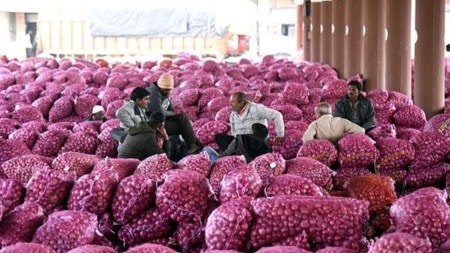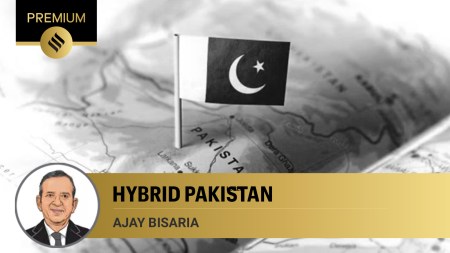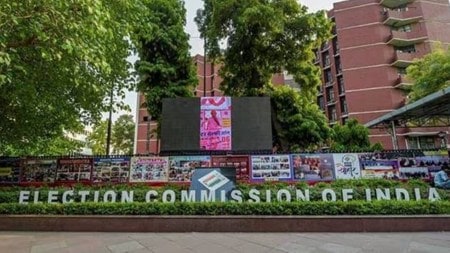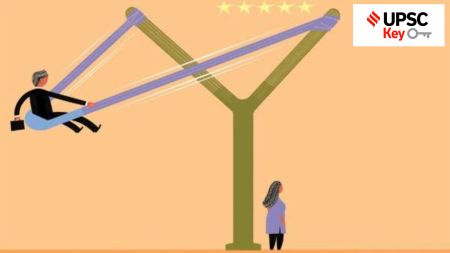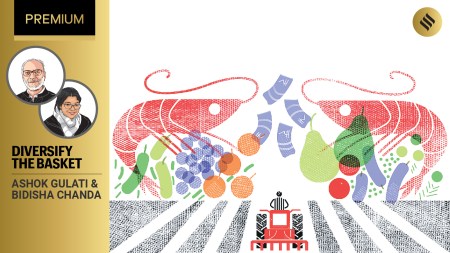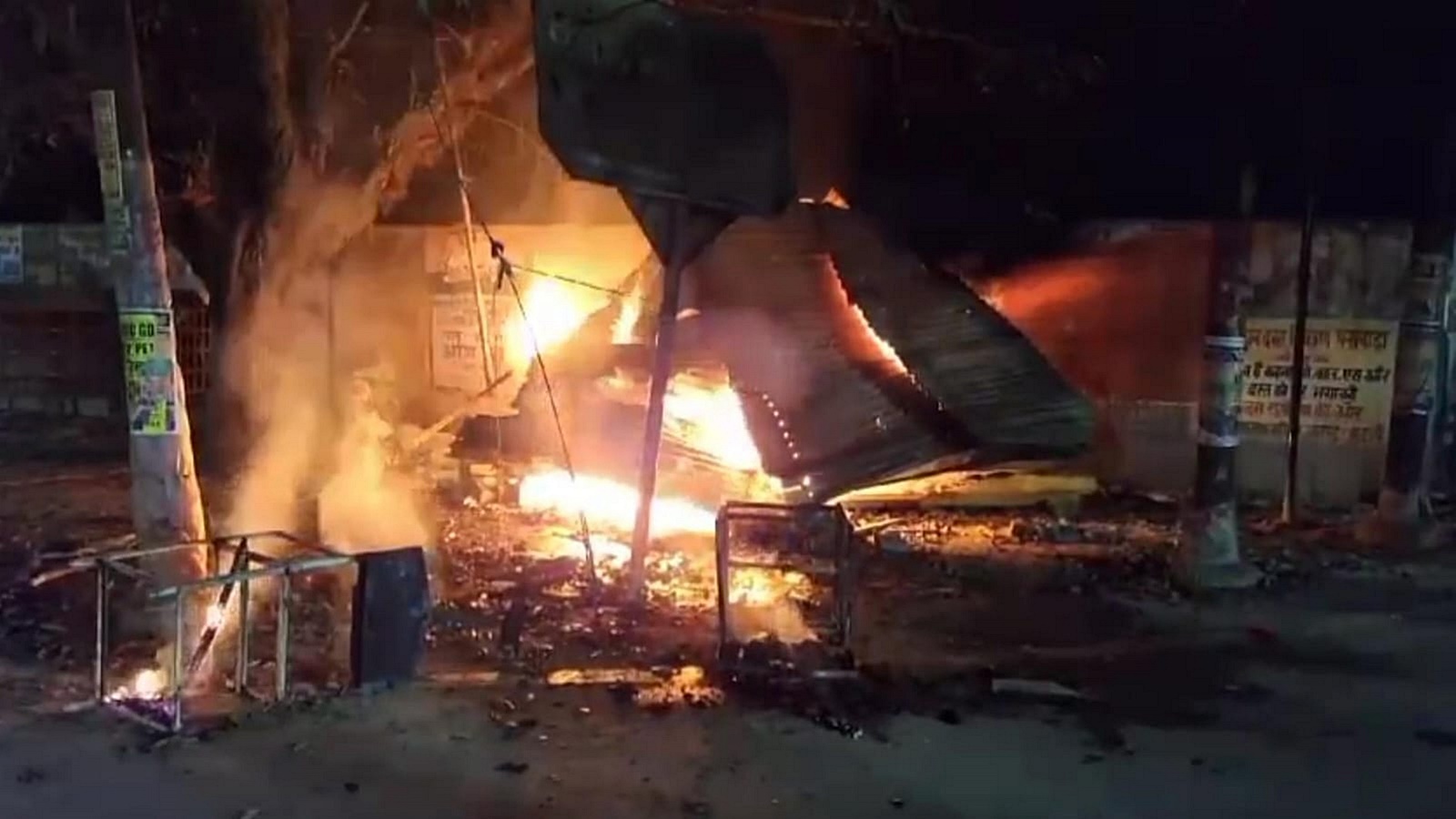The Japanese ambassador to India, Hiroshi F Suzuki, is a career diplomat who previously served as former Prime Minister Shinzo Abe’s executive secretary from 2012-2020. Suzuki was a key member of Abe’s inner circle and participated in all 15 bilateral meetings between Abe and Prime Minister Narendra Modi over a period of seven-and-half years. In an interview with SHUBHAJIT ROY, Suzuki discusses the priorities of the upcoming summit and Tokyo’s stance on global challenges, as well as India’s role in addressing them. Edited excerpts:
What are the priorities and agenda of the G7 summit hosted by Prime Minister Fumio Kishida?
The Hiroshima G7 summit is taking place amidst multiple global challenges, and Prime Minister Kishida aims to emphasize thematic issues. Firstly, he highlights the importance of upholding the rule of law, particularly in light of the Russian invasion of Ukraine, which threatens core values enshrined in the UN charter. Secondly, Kishida emphasizes engaging with the international community, especially the Global South, to address pressing issues such as food crisis, energy security, climate change, health, and sustainable development. Thirdly, he stresses the significance of nuclear non-proliferation and disarmament, given Hiroshima’s history and the need to work towards a world without nuclear weapons.
India’s presence at Hiroshima is crucial, even though it has not signed the Nuclear Non-Proliferation Treaty, as it shares the goal of a nuclear-free world and has a strong record of nonproliferation. India can play a key role in bridging differences among various countries and fostering trust in nuclear disarmament efforts.
Amidst the Russian invasion of Ukraine, Japan and India have differing approaches to the conflict. Prime Minister Kishida aims to send a clear message against Russia’s actions and promote unity among G7 countries in providing assistance to Ukraine and imposing sanctions on Russia. India, as a leader of the Global South, can contribute to fostering international unity and addressing pressing global issues.
China’s aggressive actions are a shared concern for India and Japan, especially in the context of the Russia-Ukraine war. Prime Minister Kishida stresses the importance of upholding the status quo and preventing unilateral attempts to change it. India’s principled stance against such actions makes it a valuable partner in reaffirming this critical principle.
Having closely observed the meetings between Prime Minister Abe and PM Modi, Suzuki highlights their shared vision for peace, prosperity, and democratic values in the region. They both emphasized the importance of preserving peace and promoting prosperity in the Indo-Pacific and beyond, based on shared principles of freedom and rule of law.
Looking ahead, Suzuki envisions expanding cooperation between India and Japan in defense, security, diplomacy, trade, investment, business, and people-to-people exchanges. He aims to strengthen existing partnerships and explore new areas of collaboration, including connecting India’s Northeast with Bangladesh for industrial development, enhancing climate change initiatives, and facilitating more exchanges in caregiving, agriculture, and hospitality sectors.



